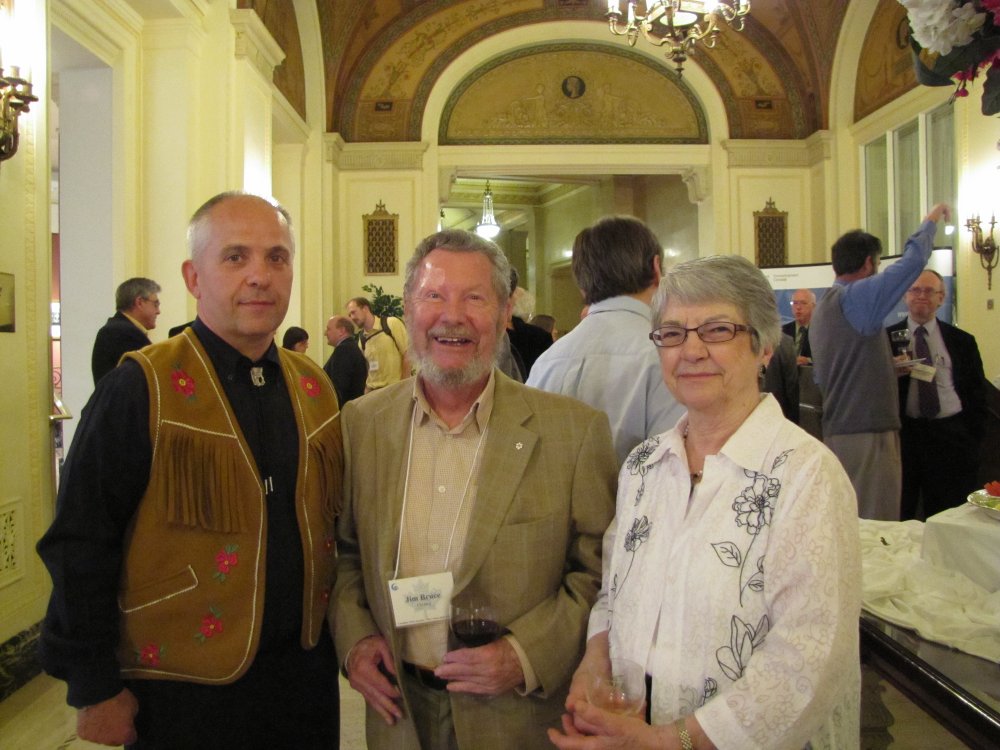
Better oversight of Canada’s groundwater resources is required in the face of numerous challenges, according to a study released today by the C.D. Howe Institute. In Protecting Groundwater: The Invisible and Vital Resource (pdf), James Bruce, recently chair of the Council of Canadian Academies Expert Panel on Groundwater, assesses present and emerging threats and makes recommendations for better groundwater management in Canada.
Challenges for groundwater management, the author says, include energy issues, such as the uncertain impact of hydraulic fracturing, slow recharge rates of aquifers, agricultural intensification, and contamination. Canada has yet to experience large-scale over-exploitation of groundwater resources and its groundwater remains of good quality. Bruce says the time is right, however, for establishing the legal, regulatory and management systems, along with the necessary monitoring provisions, to overcome the threats to groundwater.
Nearly 10 million Canadians, including about 80 per cent of the rural population and many small- to medium-sized municipalities, rely on groundwater for their everyday needs, but, says the study, we have fragmented knowledge of groundwater locations, their quantity, quality, and how groundwater supplies are changing over time in Canada.
Bruce says an effective groundwater management strategy would adhere to five major principles for sustainability: protection from depletion; protection from contamination; ecosystem viability; allocation to maximize groundwater’s contribution to social and economic well-being; and the application of good governance.
Given the challenges that lie ahead, the author concludes, meaningful cooperation by three levels of government, as well as prices that better match the costs of delivering water and wastewater services, and an expansion in data collection efforts are required to sustainably manage Canada’s groundwater.










[…] This post was mentioned on Twitter by Canadian Water, Sierra Club Atlantic and Mike Christie, Wesley Gee. Wesley Gee said: RT @CanadianWater: Threats to groundwater supplies require a coordinated response, says Jim Bruce in his new paper: http://bit.ly/frAUab […]
[…] This post was mentioned on Twitter by Canadian Water, Sierra Club Atlantic and Mike Christie, Wesley Gee. Wesley Gee said: RT @CanadianWater: Threats to groundwater supplies require a coordinated response, says Jim Bruce in his new paper: http://bit.ly/frAUab […]
… [Trackback]
[…] Read More: watercanada.net/threats-to-canadas-groundwater-supplies-require-coordinated-response-paper/ […]